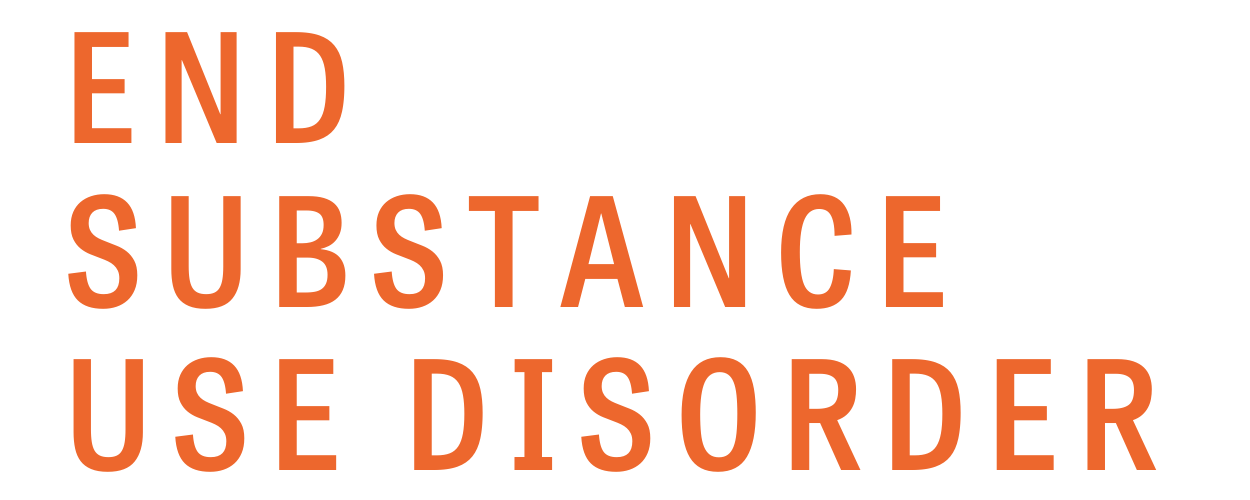End Substance Use Disorder Joins with 240 Organizations in Urging Congress to Pass Bills to Prevent Overdoses
Today, End Substance Use Disorder and a coalition of 240 civil rights, drug policy, criminal justice reform, public health and faith-based organizations urged Speaker Nancy Pelosi. Majority Leader Chuck Schumer, and other members of Congress to pass legislation that will expand access to proven solutions to prevent overdoses.
The coalition’s action follows the CDC’s announcement that the U.S. lost more than 100,000 loved ones to overdoses for the first time in history. End Substance Use Disorder released the following statement:
“Every American - regardless of their zip code, income, or skin color - deserves to know that they and their loved ones are safe from overdoses and can access the support they need to heal,” said Erin Schanning, president of End Substance Use Disorder. “In the midst of this tragic loss, Congress must act with urgency to pass common-sense solutions that can save lives and keep our families together."
The letter asks Congress to enact the following legislation:
$69.5 million in FY22 funding (the House-passed level) to increase access to overdose prevention, harm reduction, and syringe service programs through the CDC’s Infectious Diseases and the Opioid Epidemic program.
The Mainstreaming Addiction Treatment (MAT) Act (H.R. 1384/ S. 445), which will prevent overdoses, increase access to treatment, and reduce stigma. The bill will help build universal access to the lifesaving treatment buprenorphine - a gold standard of care for opioid use disorder - by removing outdated federal restrictions on healthcare providers in treating patients with substance use disorder.
The Support, Treatment, and Overdose Prevention (STOP) of Fentanyl Act (H.R. 2366/ S.1457), or the STOP Fentanyl Act, which improves surveillance and detection of fentanyl and enhances public health approaches to opioid overdose and substance use disorders.
The Medicaid Reentry Act (H.R. 955/ S. 285), currently included in the Build Back Better reconciliation package, which would allow Medicaid to cover health services during the last 30 days of incarceration and create better linkages to community-based care during reentry. Such linkages, including overdose prevention and substance use disorder treatment, would reduce the high risk of deadly overdose upon reentry.
